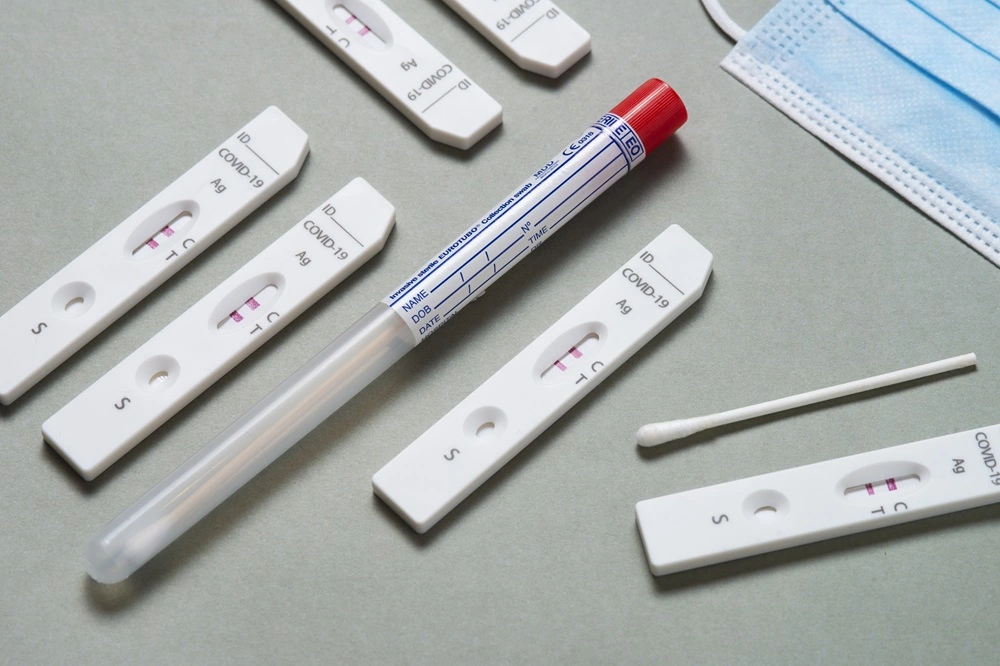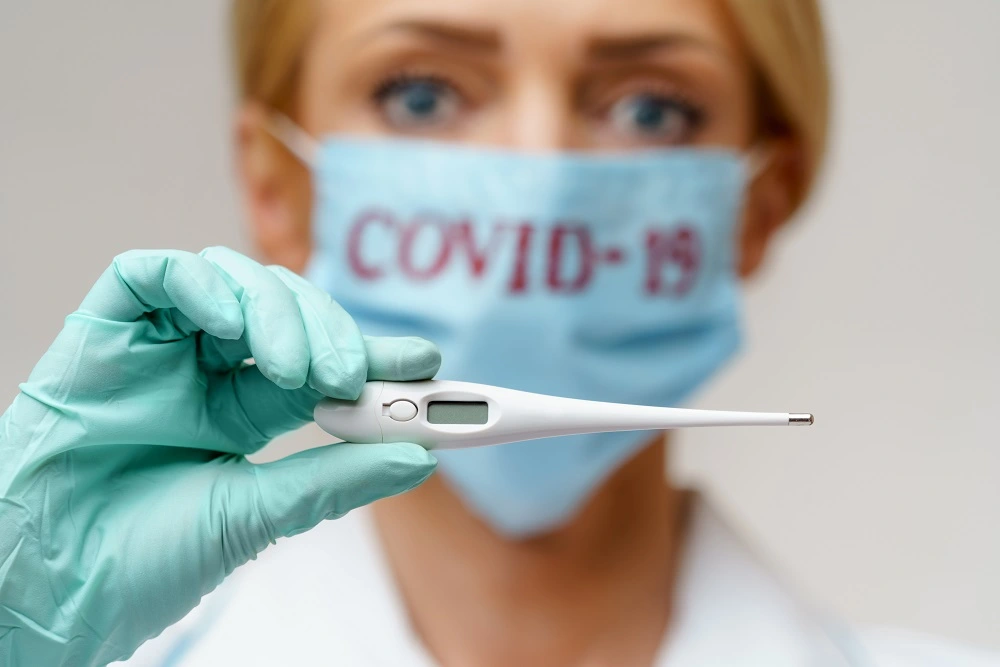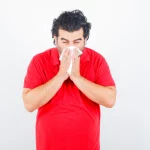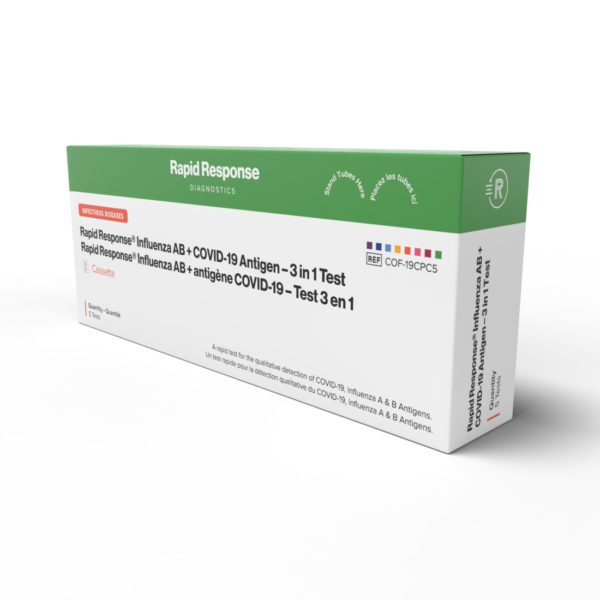If you feel like you have COVID-19 but the test says otherwise, do you really have it?
In this article, we’ll talk about what it means and what to do when you experience this.
Why you can get a negative test result even if you have COVID symptoms
If you’re experiencing COVID-19 symptoms but test negative, this may be due to various factors, such as:
- Timing of the test
- Type of test used
- Quality of sample collected
Polymerase chain reaction (PCR) tests are more sensitive but may yield false negatives if the virus is not detected due to low viral load or improper sample collection. On the other hand, antigen tests are quicker but less sensitive. This can potentially miss an early infection.
Testing too soon after exposure or during the virus’s incubation period can also lead to false negatives.
What to do if you test negative but still feel sick
When receiving a negative test result but still experiencing COVID-19 symptoms, it’s probably time to seek further medical guidance.
If you test negative but feel sick, consider retesting 1-2 days after the initial result, as false negatives can occur.
Stay home if you’re unwell, regardless of the test outcome, to prevent the potential spread of any illness. Follow guidelines for isolation, wear a well-fitted mask if exposed to COVID-19 and seek medical advice for appropriate treatment.
Assume you could be contagious if symptomatic and prioritize prompt treatment, especially if you’re at a higher risk of complications.
Are new COVID strains to blame?
The emergence of new variants, such as the Delta and Omicron strains, has raised concerns about their impact on testing accuracy and symptom presentation. These variants possess mutations that can affect the performance of diagnostic tests and potentially lead to false-negative results.
If it’s not COVID-19, then what is it?
Your condition may be caused by another illness. Various respiratory viruses, such as the following, can present symptoms similar to those of COVID-19:
- Influenza
- Respiratory syncytial virus (RSV)
- Seasonal allergies
Other possible causes include:
- Bacterial infections (streptococcal pharyngitis or pneumonia)
- Asthma exacerbations
- Chronic obstructive pulmonary disease (COPD) flare-ups
- Anxiety

The most accurate COVID testing method
PCR testing is currently regarded as the most accurate method for detecting the genetic material of the COVID virus. This test is highly sensitive and requires processing in a laboratory setting.
Conversely, antigen tests look for specific proteins of the virus and can provide rapid results on-site within 15 minutes. While a negative test result doesn’t definitively rule out a COVID infection, a positive result is generally reliable. In cases where uncertainty exists, seeking confirmatory PCR testing is recommended.
When interpreting test results, even a faint line on a test can indicate a likely COVID presence.
Should you get vaccinated?
Getting vaccinated against COVID-19 is a critical step in protecting yourself and others from the virus. Vaccines have been shown to significantly reduce the risk of severe illness, hospitalization and death caused by COVID-19.
Also, getting vaccinated means:
- Contributing to the collective effort of achieving herd immunity
- Providing added protection against future infections
- Potentially mitigating the severity of symptoms if you’re reinfected
- Helping in breaking the chain of transmission
- Reducing the overall spread of COVID-19 within the community
Frequently asked questions
Can stress or anxiety cause COVID-like symptoms that result in a negative test?
Stress or anxiety can manifest as COVID-like symptoms and lead to negative test results. Psychological factors can mimic physical illness. It’s advisable to seek mental health support if symptoms persist.
How common is it to receive a false negative result when experiencing COVID symptoms?
False negative results when experiencing COVID symptoms are uncommon but can occur due to testing too early or poor sample collection. Follow-up testing is advisable if symptoms persist. Seek guidance from your healthcare provider for further evaluation and care.
Are there other respiratory illnesses that could cause symptoms similar to COVID but test negative?
Respiratory illnesses like influenza, respiratory syncytial virus (RSV) and common cold can mimic COVID symptoms but test negative. Consult your doctor for accurate diagnosis and appropriate treatment.
Can a negative test result accurately rule out COVID in all cases?
A negative test result doesn’t always rule out COVID. Factors like timing of testing, test accuracy and individual immune responses can influence results.
Is there a specific timeframe in which getting tested would yield the most accurate results when experiencing symptoms?
Seek testing for COVID-19 at the onset of symptoms or after known exposure for the most accurate results. Testing too early may yield false negatives. Retesting after 1-2 days of initial negative result can improve accuracy.
Key Takeaway
If you’re experiencing COVID-19 symptoms but test negative for COVID-19, retest 1-2 days after initial negative result to account for false negatives. At this time, assume contagiousness if symptomatic and take the necessary steps to isolate yourself from others.
Multiple factors can cause these symptoms. For proper diagnosis, contact your healthcare provider.






















































